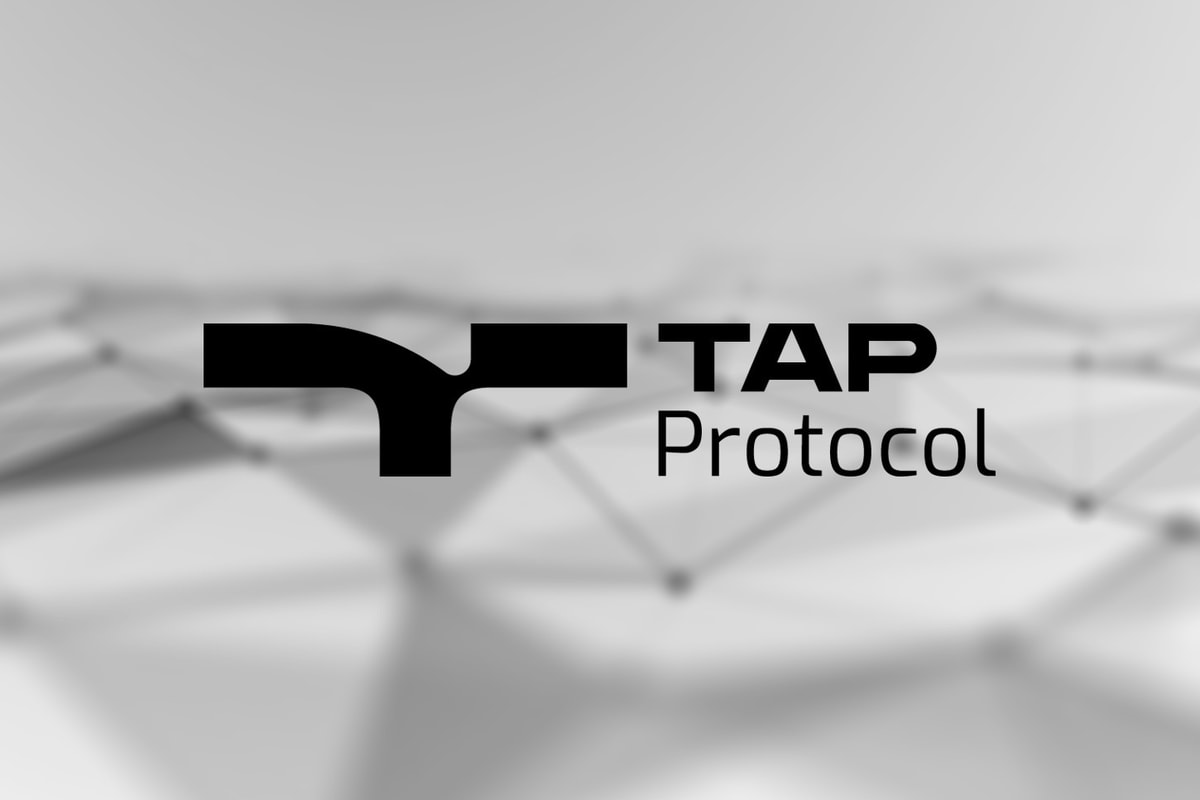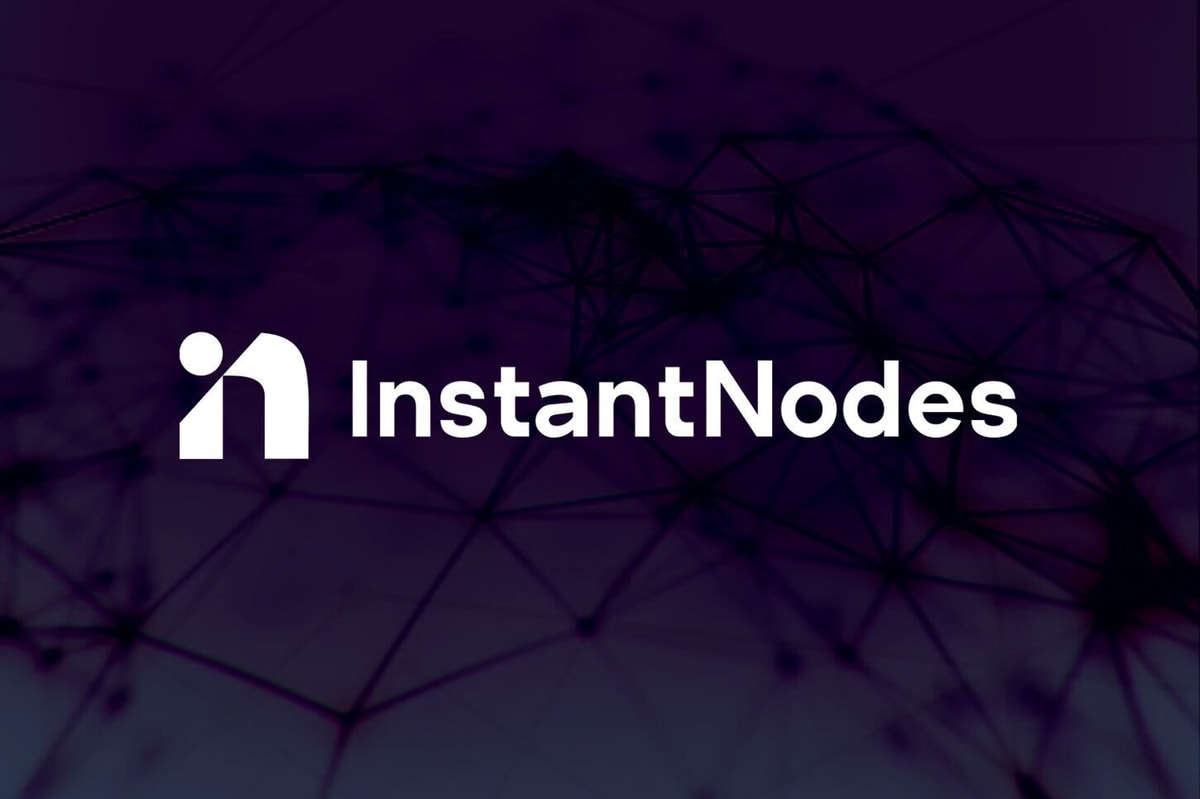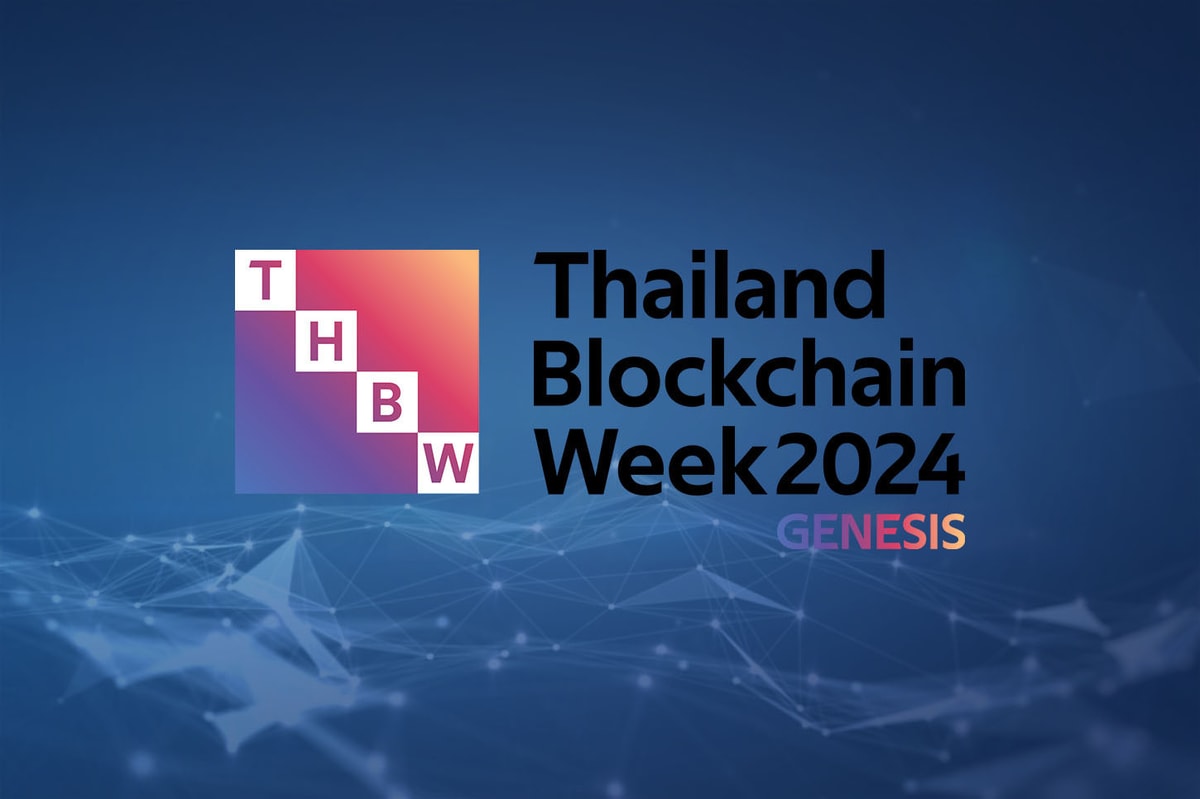
The rapid advancements in AI modeling and machine learning have led to an explosive increase in the demand for GPU resources. The growth of the AI market has resulted in a surge in demand, now exceeding three times the current global GPU supply capacity of cloud services. In response, the CEO of OpenAI has requested a $7 trillion investment for in-house semiconductor production.

This GPU supply shortage presents a significant opportunity for decentralized GPU cloud services like GPGPU. Positioned at the forefront of the AI industry and GPU chipset market, GPGPU configures idle GPUs worldwide into a decentralized network, offering high-performance computing at a low cost. Additionally, GPGPU plans to establish an AI data marketplace, allowing AI companies across various fields to share and trade big data and AI models.
Following successful examples set by Render Network and Io.net, GPGPU operates an incentive program that rewards early participants. For instance, Render Network distributed 1.14 million RNDR tokens to early suppliers, achieving significant success. According to GPGPU, they are set to announce an incentive program that will reward platform contributors, including GPU providers, users, and node validators.
Decentralized GPU cloud services like GPGPU offer an excellent alternative for companies and institutions that previously relied on centralized cloud systems. Through decentralized GPU cloud solutions, users can achieve both cost savings and performance improvements. This innovative approach provides better research and development opportunities for users, companies, and institutions.
Game developers, film and animation studios, and other entities with their own GPU server centers can recover system construction costs by offering idle GPUs through GPGPU. On average, GPU server centers operate at less than 50% capacity, often remaining idle when not needed for in-house service development or rendering tasks. Decentralized GPU cloud services provide mutual benefits to both providers and users.
GPGPU, which is attracting significant market interest, has the potential to bring about revolutionary changes in the AI industry. Observing the project's ongoing development and success is crucial, as many are keenly watching its potential unfold.
To learn more about this project, please visit its website.











